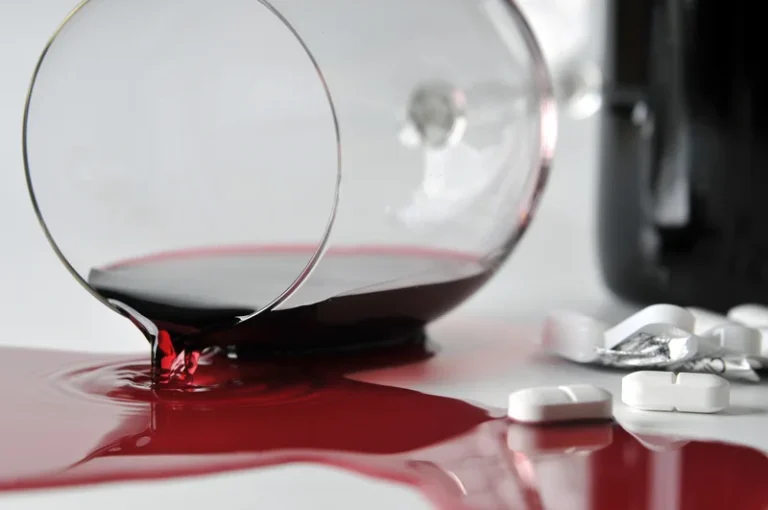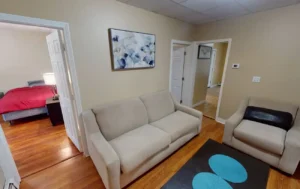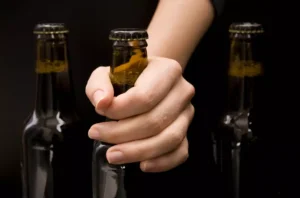Too much pleasure can lead to addiction How to break the cycle and find balance

The urge to relapse is not as strong in this stage, and the individual grows confident in their ability to beat the addiction. A person in the precontemplation stage does not consider their addiction a problem and will not see the need for help. They enjoy the pleasure of their addiction and are yet to have a significant negative experience. cycle of addiction This stage is also marked by defensiveness and justification of addictive behavior. Some people remain in this phase because they don’t have sufficient information about addictive behavior. The frustration from several failed attempts at quitting can also make a person believe recovery is impossible, keeping them stuck in this stage.

What Strategies Can Help You Break The Addictive Cycle?
The cravings are more intense at this stage, and the individual will go to great lengths to sate those cravings. They may experience withdrawal symptoms at this stage, depending on the drug. The brain’s dopamine balance is altered when a person uses drugs or alcohol. Drugs over-stimulate dopamine receptors causing a release (euphoria) https://ecosoberhouse.com/ or a lull (sedation). The desire for these sensations causes the individual to crave more of the drug or alcohol, which will lead to tolerance, dependence, and addiction. If the behavior continues, the brain starts to depend on the substance for normal functioning, and withdrawal symptoms occur if the user stops using the substance.

Substance Abuse
These changes will work for a while until the brain becomes tolerant to the new dosage, forcing the person to increase the dosage again. At this stage, the individual will progress to heavy substance use, leading to the next stage. The brain is connected by millions of nerve cells (neurons) that control feelings, movement, and bodily sensations. Nerve cell action is regulated by neurotransmitters, chemical messengers that carry and balance signals throughout the brain. Dopamine is a neurotransmitter that regulates the brain’s reward and impulse control system.
Maintenance Stage
- It may feel daunting at first, but it’s OK—and even advantageous—to approach addiction recovery from a place of not knowing.
- The second stage of the addiction cycle is when the person starts to use the substance on a frequently improper basis.
- When we’re repeatedly exposed to our pleasure-producing stimuli, our brains adjust and, eventually, we need more and more just to feel “normal,” or not in pain.
- Rehabilitation centers today are treating both the mind and body, but they cannot help if they do not know who needs assistance.
When an addict has a craving, they also often follow a specific ritual as part of the addiction. These rituals usually develop around how someone goes about procuring and using drugs or alcohol. Because addiction is defined as a relapsing condition, it is to be expected that addicts in recovery will experience relapses. Some may spend their whole lives trying to get clean and sober, only to relapse over and over again. Others may relapse a few times before they are finally able to stop using and remain in active recovery.

Legal and Psychological Perspectives: Supporting Personal Injury Claimants Through Mental Health Challenges
- As soon as another problem appears, the addiction cycle begins once again, getting worse each time.
- Because it is a chronic disease, it requires ongoing treatment in order to help people remain in recovery.
- For example, if you feel shame more deeply when you fail at work, it might suggest that you tie your worth to your productivity, which is something to unpack and explore.
- It is worth noting that signs and symptoms of substance addiction can vary based on the actual substance used, and the method of use, eg.
- Without further ado, this article would discuss the methods to help you free yourself from any addiction.
- Addiction changes the way the brain works, leading addicts to believe that the best way to deal with their problems is actually the substance contributing to their problems.
The helpline at AddictionResource.net is available 24/7 to discuss the treatment needs of yourself or a loved one. This helpline is answered by Legacy Healing Center, an addiction treatment provider with treatment facilities in California, Florida, Ohio, and New Jersey. While addiction can for some be a lifetime struggle, it isn’t a life sentence. For many, this begins with a treatment program, or another form of intervention. Being able to identify problematic drinking or drug habits can play a role in breaking the family cycle. This is a key early intervention strategy, as a component of drug education.
What Type of Substance Use Disorders Exist?
Why Is Adolescence Such a Crucial Time for Preventing Drug Abuse?

